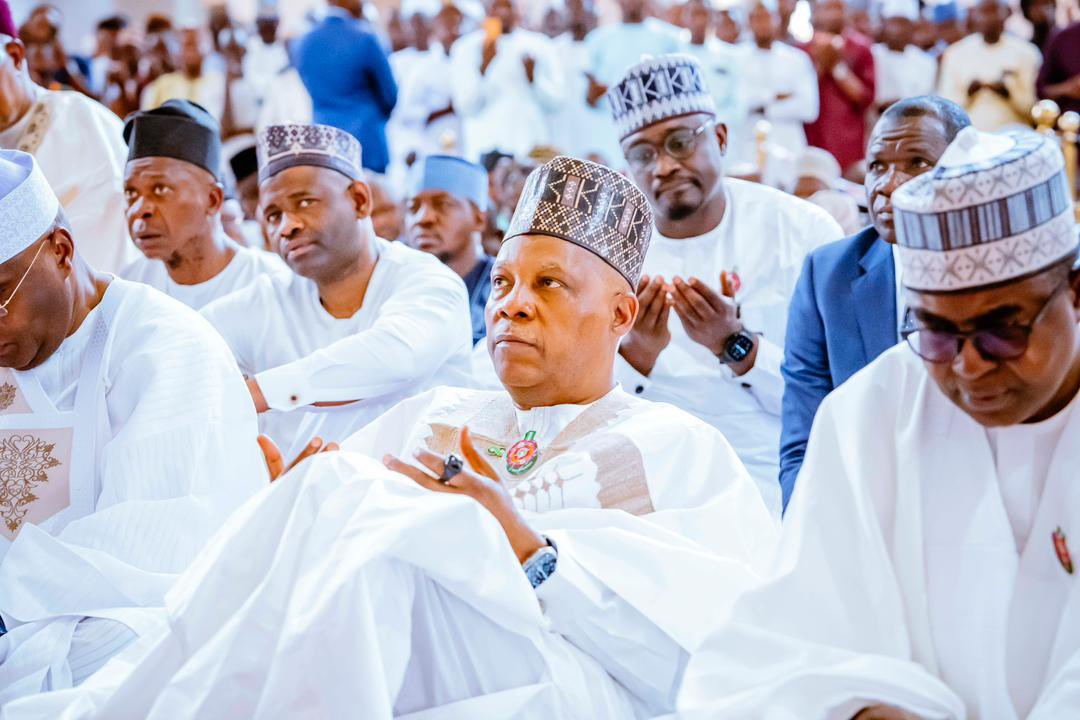
The Federal Government says it does not want to flood the market with imported food but is working out strategies that will ensure the country can feed itself from its local production.
Minister of Finance and Coordinating Minister of the Economy, Mr. Wale Edun stated this on Thursday in Abuja at the Inter-Ministerial press briefing to herald the forthcoming Nigeria’s 64th Independence Anniversary.
Edun who was reacting to a question on the implementation of the import duty waiver on some food items, said Nigeria should not be importing food.
According to him, “What we as a government is doing is to strategize on improving local production. We shouldn’t be importing food. We are working hard to plan very well for the forthcoming dry season farming so that our farmers can get the necessary inputs at the right time for improved production. Indeed our future lies in self-sufficiency.
He said the government was committed to supporting small-scale farmers by providing critical inputs like seeds and fertilizer under schemes such as the Nigerian Agricultural Growth Scheme.
READ ALSO: Nigeria secures $600,000 for flood relief, health, agric sectors’ reforms
The support, according to him, will focus on enhancing both the wet and dry season harvests, reducing the need for imports in the short term while boosting productivity in the long term.
Edun said that as a short-term measure, the government ordered the importation of maize and wheat to stabilize the market, “it is also important to balance this with domestic production,” he said, adding, “We mustn’t disrupt domestic production of food or disrupt farming in Nigeria by flooding the market with imports.”
He noted that the shift from food imports is not just an economic necessity but a critical step toward Nigeria’s future self-sufficiency.
“This is not where we should be,” he said, “We can’t be relying on imported food in this country. The new strategy, will put Nigeria on the path to economic independence and food security.”






